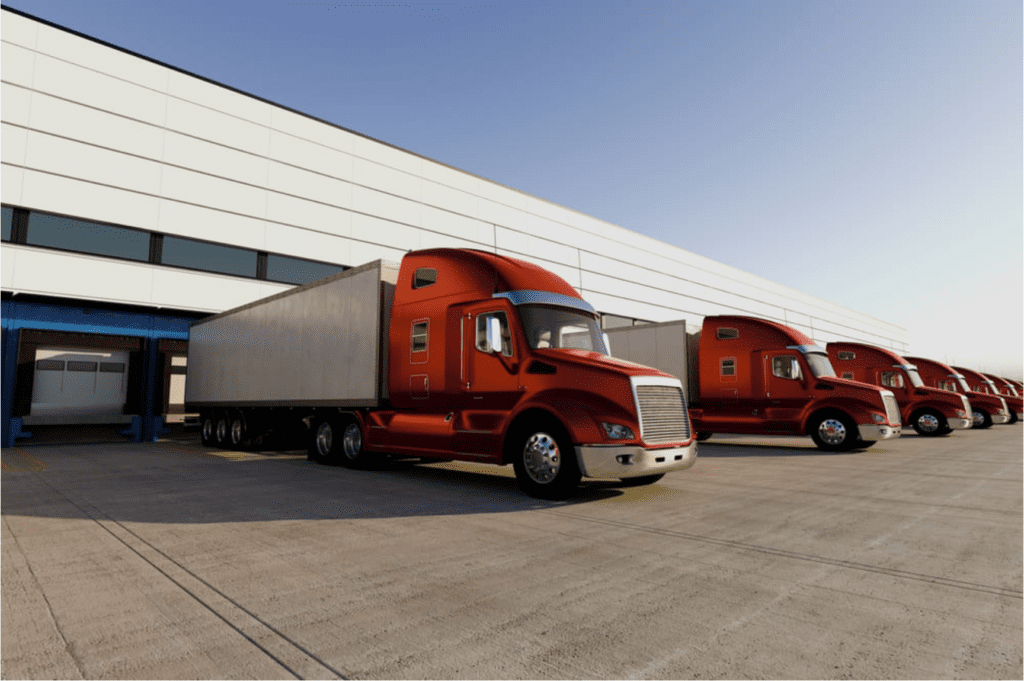CROSS DOCKING SERVICES
NEAR BALTIMORE,
MARYLAND
Streamline Your Freight with Local Cross Docking Solutions
Businesses around Baltimore face high storage costs and delays when freight sits too long in warehouses. OLIMP’s cross docking services cut out unnecessary steps by moving shipments directly from inbound to outbound trucks. Whether you’re operating near the Port of Baltimore, Hanover distribution hubs, or along I-95, our on-demand facilities help you minimize dwell time and keep your loads moving.
With flexible capacity and real-time scheduling, OLIMP ensures your freight flows smoothly, saving both time and money while improving customer satisfaction.
Get Your Quote in Under 10 Minutes!
Ensure quick and seamless local delivery, getting your driver back on the road faster.
We provide cost-efficient cross-docking services tailored to fit your financial needs.
Cross Docking Coverage in Baltimore and Surrounding Areas
Our Baltimore cross docking network is strategically positioned for fast transfers and last-mile delivery across Maryland. From Jessup and Elkridge near key distribution corridors to Aberdeen and Perryville along the Northeast supply chain route, OLIMP connects you to the right facilities when and where you need them.
We serve local businesses in: Baltimore, Hanover, Monrovia, Jessup, Columbia, Glen Burnie, Elkridge, Middle River, Rosedale, Annapolis, Laurel, Aberdeen, Elkton, Havre de Grace, Perryville, Pasadena, Belcamp, Cockeysville, and more.
This extensive coverage makes it easy to cut miles, reduce fuel costs, and get freight delivered faster within Maryland and beyond.

Why Companies Choose Olimp for Cross Docking in Maryland
faster turnaround: trucks spend less time idle and more time on the road.
lower shipping costs: reduce warehousing and storage fees with direct transfers.
flexible solutions: from perishable goods to hazmat cargo, we handle diverse freight types.
last-mile advantage: strategically placed facilities enable same-day and next-day delivery.
simple booking process: secure cross docking services in minutes with our on-demand system.
With OLIMP, you gain a trusted logistics partner that understands Baltimore’s freight market and helps your supply chain stay ahead.

Cross Docking vs. Storage: Choosing the Right Option
Traditional warehouse storage is ideal for businesses managing long-term inventory or seasonal stock. Cross docking, on the other hand, is best for high-velocity shipments, e-commerce orders, and goods that need immediate distribution.
How it works:
- receive: freight arrives at our Baltimore-area facility.
- sort: shipments are organized by destination.
- transfer: goods move directly to outbound trucks.
- deliver: products reach customers faster and at lower cost.
By choosing cross docking, your business avoids excess storage costs, accelerates delivery, and maximizes truck utilization.

Frequently Asked Questions (FAQ) – OLIMP Warehousing
Q: Does olimp provide refrigerated or specialized cross docking in maryland?
Yes. OLIMP’s Baltimore-area facilities handle a wide range of freight, including refrigerated, frozen, oversized, and hazardous materials. We match your cargo with the right local warehouse.
Q: Where are olimp’s cross docking locations near baltimore?
Our network covers Baltimore and nearby hubs like Jessup, Elkridge, Hanover, Aberdeen, Perryville, Columbia, Glen Burnie, Laurel, and Annapolis-ideal for fast transfers and last-mile delivery.
Q: How quickly can i book cross docking services with olimp?
Booking is fast and simple. With OLIMP’s on-demand system, you can secure cross docking services in minutes and get trucks back on the road without costly downtime.
Ready to streamline your warehousing needs?
Request a quote today and discover how OLIMP's tailored solutions can optimize your operations